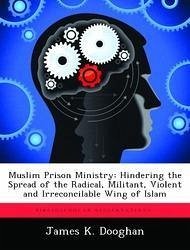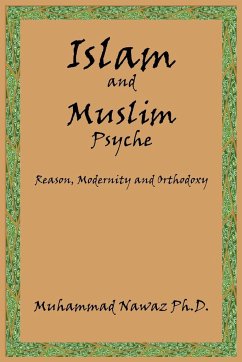Prisons and detention centers are recruiting grounds for radical Islamists. The National Military Strategic Plan for the War on Terrorism Campaign Plan does not sufficiently develop a strategy to counter the violent Islamic ideologies in order to hinder conversions of detainees into terrorists. Addressing the violent Islamic ideology at the grass roots level may decrease the number of terrorist recruitment and increase the number of Muslims appealing to a nonviolent interpretation of the Qur'an. The author recommends an anti-violent Islamic ministry program which educates detainees and prisoners through Muslim clerics. Islamic and western countries are relying on moderate Muslim ministers to promote nonviolent ideologies to counter the terrorist recruitment. Egypt and Yemen are witnessing conversions by militant Islamists to moderate Muslims. The United Kingdom and France are appealing to moderate Muslim clerics to address the growing number of radicalized citizens in their prisons. The U.S. Bureau of Prisons Muslim chaplaincy program offers a framework to select Muslim religious service providers for a Muslim prison ministry program. Sufficient legal, ethical and moral framework exists to argue for the availability of a ministry program to personnel in U.S. custody. This indirect approach focuses on conflict resolution and relies on Muslims who reject the violent interpretation of the Qur'an, commentaries, the hadith, the fiqh and the law. The solution is not an ecumenical reconciliation of the various religions of the world but a peaceful coexistence beginning with an intellectual understanding of the ideologies and empathy for the Muslims caught in the war between terrorist and the coalition forces trying to defeat the terrorist networks.








